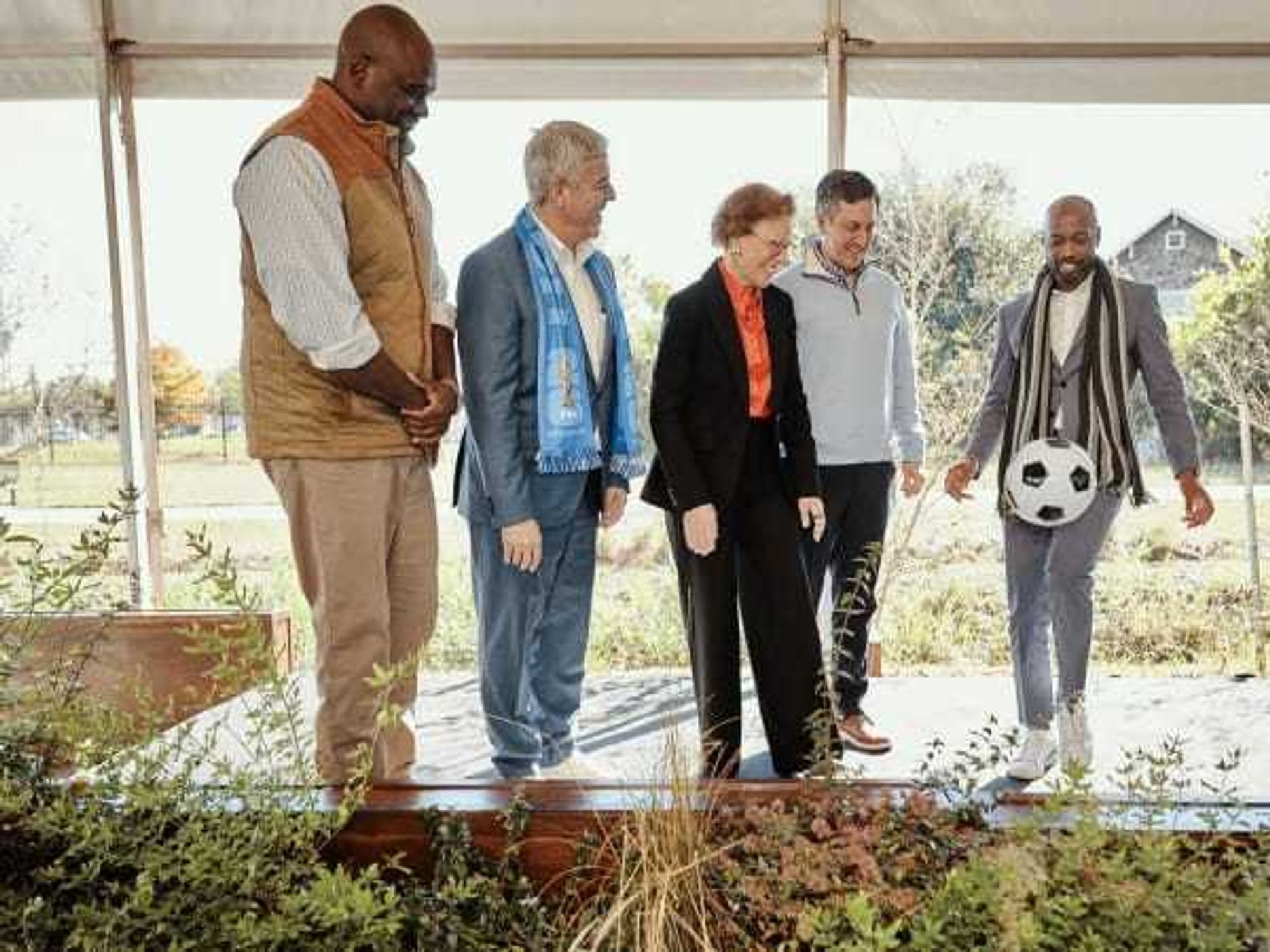Imagine Houston's Future
Our best and last chance to get the future right
I look into my crystal globe, and I dream of Houston in 2040 as a globally connected multicultural city leading the world in urban innovations.
I don’t want a city where everything stays the same, and there is fear of change.
I don’t want a city where neglected neighborhoods of the dispossessed are best known for illegal drugs, guns, and prostitution, and where gated neighborhoods call the police if they see a stranger on their street.
I don’t want a city where the advertising men are in charge and status is about the clothes we wear or the cars we drive.
I dream of a city in which action grows out of knowledge and understanding; where no one flaunts authority and everyone has authority; where people take care of the environment and are encouraged to do so; where citizens immerse themselves in their cultures while respecting those of their neighbors, collectively forging new hybrid cultures and spaces.
This is a Promethean moment in the history of humanity. Several decades from now we will look back and say that the early 21st century was a time when things became different. Two big historical processes are intersecting at the moment: The coming into being of a fully connected world and the mass migration of people, especially youth, into cities.
We also see a world that is out of balance. Wealth is severely skewed across nations, across communities, and across individuals. Cities, states, and nations depend on one another, but their interests are often at odds. If we map access to education, health, and technology around the globe, we see dramatic patterns of abundance, excess, and scarcity. These imbalances set the context for the challenges we will meet in the coming decades.
What’s needed now is the transition from short-term to long-term thinking; from recklessness competition to moderation and the precautionary principle. Technology and material progress are addictive. It is the devil of scale that transforms local actions in many places into global changes.
Albert Einstein warned us that “the unleashed power of the atom has changed everything and we drift toward unparalleled catastrophes.” Tim Flannery, a noted Australian scholar, has called humans “future-eaters”, referring to our ever expanding dominance over planetary ecosystems.
The frequent financial crises of the 20th and early 21st centuries will stimulate experimentation with new pathways to prosperity that are not dominated by conspicuous consumption. For at the end of the day prosperity goes beyond material pleasures. It resides in the quality of our lives, the strength of our relationships, and trust in community. True prosperity allows us to flourish as individuals and societies. Our challenge is to create conditions under which this is possible.
Undoubtedly, cultural transformations of this magnitude will create disruptive forces and social innovations. Human societies can exhibit remarkable transformative, adaptive, and resilient behaviors at the edge of disaster, exhibiting considerable capacity for coping with changing environments and threats to survival.
Loosely defined, resilience is the capacity of a system—be it an individual, an ecosystem, a city, or an economy—to deal with change and continue to develop. It is about withstanding shocks and disturbances (like financial crises or natural disasters), while at the same time using such events to catalyze innovation.
Houston has a history of being resilient, innovative, and adaptive to change. If present and future generations of Houstonian’s are to influence the future for the better, we need to have understandable and justifiable stories of where we may be headed and how we might change course. The art and science of building more adaptive, resilient and sustainable futures will be best understood in local and regional contexts; where complexity is comprehensible; where consensus is most likely; and where decisions about the future of our region should originate.
Our strategies to enhance Houston’s resilience will begin with three well-known critical areas of need:
1) Protecting our most vulnerable people through reducing social inequalities;
2) Preserving unique natural and cultural resources
3) improving policy integration and decision-making at the metropolitan scale.
Reducing inequalities requires radical improvements in our public K-12 education systems.
Protecting our natural and cultural resources from threats posed by a massive storm surge entering Galveston Bay and the Port of Houston will require a coastal protection system and public policies that prevent future land developments in hazardous areas. Reducing storm surge threats in the Upper Texas coast will also protect a vital segment of America’s energy industries, preventing extreme economic shocks and environmental damage. These and many other potential challenges are addressed in the Center for Houston’s Future Scenarios 2040 project.
Welcome to the Anthropocene era! Humanity has gained a presence so colossal on Planet Earth that error is a luxury we can no longer afford. We are experiencing an acceleration of change and collapsing of time. Cities will determine the direction of our future.
Houston, this may be our best and last chance to get the future right.
Harriss is president and CEO of the Houston Advanced Research Center.
